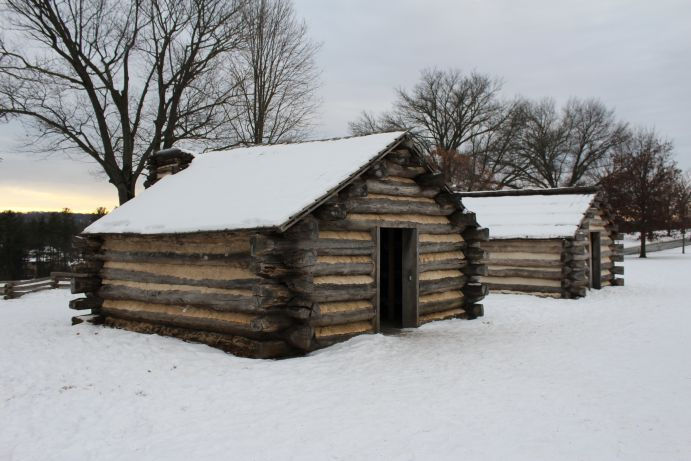Breaking News from the Archives: Lord Northbourne Denies Coining “Organic Farming”
- Anneliese Abbott

- Sep 4, 2025
- 3 min read
Updated: Sep 5, 2025

I interrupt the series of articles on the history of the land-grant universities to bring you some startling news: Lord Northbourne emphatically denied coining the phrase “organic farming.” In a previously undiscovered letter to Robert Rodale written on February 13, 1982, Lord Northbourne wrote, “I was certainly not the first to apply the word ‘organic' to farming or gardening.”
Bob Rodale had grown up assuming that his father, J.I. Rodale, coined the phrase “organic farming.” Then, in January 1982, he ran across a copy of Lord Northbourne’s 1940 book Look to the Land, in which he “was quite surprised to see that Lord Northbourne used the term organic farming before J.I. Rodale’s first use of that phrase.” He contacted one of Rodale Press’s editors in England, Ned Halley, and asked him to see if Lord Northbourne was still alive and, if so, ask him “whether in fact he was the first person to use the word organic to describe a method of farming.” To Bob’s elation, Ned was indeed able to make contact with Northbourne, who was still alive but in very poor health.
“I have never known the ideas and practices involved under any other name,” Northbourne wrote, after stating that he was not the first person to use the phrase “organic farming.” “I never was a ‘leader’ in the movement; which attracted my attention not long after the first war….After the second war my interest wanted….Perhaps I should mention that my age (86) is taking its toll. Activity, physical and mental (especially memory) is much weakened, and I cannot undertake anything new, including a return to the past such as you suggest.”
Bob was so intrigued by this letter that he called Northbourne on the telephone and had a short conversation with him. But the only additional information he could get out of the elderly man was that “the term organic farming was used commonly in newspaper articles ever since the end of World War I.” He told Bob on no uncertain terms that he was no longer interested in organic farming, did not remember where he had first heard the term, and didn’t want to talk about it. Four months later, Lord Northbourne passed away, leaving Bob’s question about who actually coined the term “organic farming” unanswered.
Was the phrase “organic farming” actually “used commonly in newspaper articles” in England right after World War I? Bob had an idea of how to find out—hire some graduate student to look through old issues of the London Times—but never followed through with it. It’s good he didn’t waste the time, because a quick online search of the London Times archives does not show common use of “organic farming” in the interwar years. Similarly, the phrase doesn’t show up in books digitized by Google before the late 1930s. I ran a Google N-gram on “organic farming,” and usage spiked in the 1940s after J.I. Rodale launched Organic Farming and Gardening.
“The origin of the name organic farming remains a mystery,” Bob Rodale wrote in 1986. Perhaps it always will—though I still think Ehrenfried Pfeiffer must have used it in his speeches. The earliest use of the term I’ve found so far is in a 1937 School of Living article, which says, “What we are calling organic agriculture, and what Mr. Pfeiffer calls the bio-dynamic method, is based upon the maintenance of the fertility of the soil indefinitely by using humus, or compost, instead of chemical fertilizers.” Regardless of who used it first, it was most definitely J.I. Rodale who standardized and popularized the term. And it was Lord Northbourne’s dying wish that he not be credited with coining the term “organic farming.”



Comments